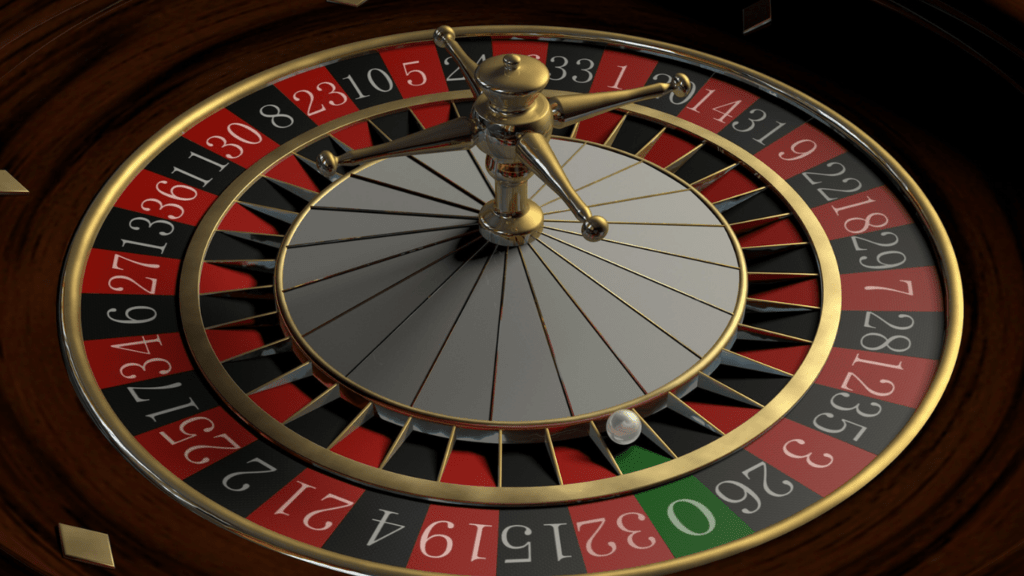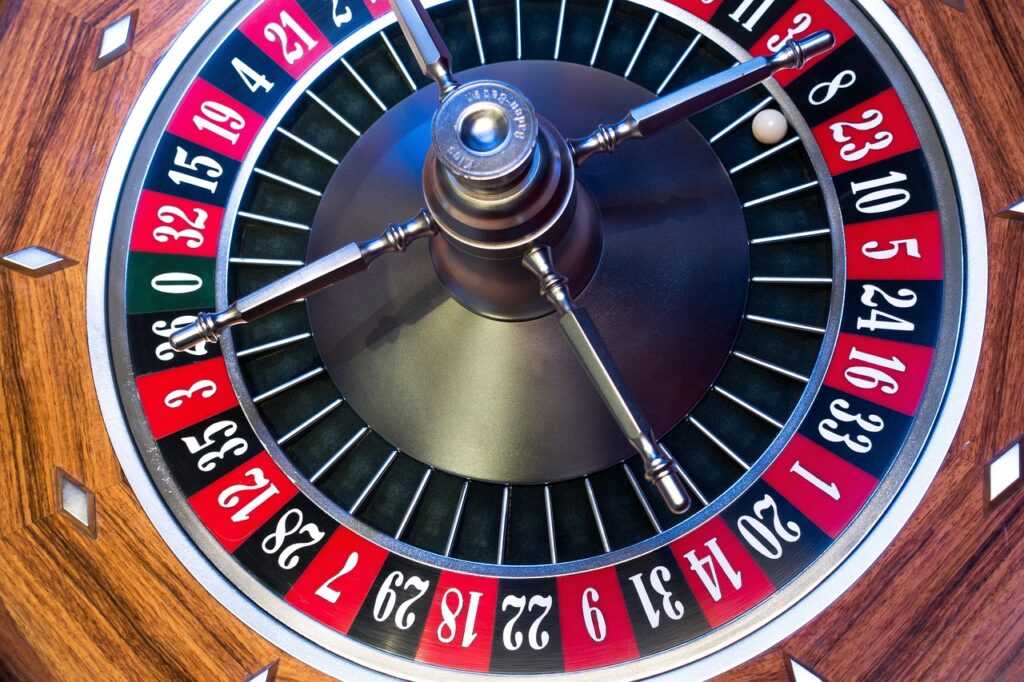The Basics of Roulette Betting Systems
Roulette betting systems aim to create structured betting patterns that claim to increase potential winnings or minimize losses. These systems usually revolve around adjusting bet sizes based on game outcomes. Despite the house edge remaining constant at around 5.26% for American Roulette, many players find betting systems attractive.
- Martingale System: A popular choice that involves doubling bets after each loss. The idea is simple but flawed if funds are limited or table limits reached.
- Fibonacci System: Based on the Fibonacci sequence, this strategy suggests increasing bets according to the sequence after a loss. It seeks to recover losses gradually, but sustained losing streaks can lead to significant losses.
- Labouchere System: Also known as the cancellation system, it involves creating a sequence of numbers that determine bet sizes. Players aim to cancel numbers with wins, adjusting the sequence accordingly.
- D’Alembert System: This system uses a disciplined method of increasing and decreasing bets by one unit after losses and wins. Although safer than the Martingale, it still doesn’t change the odds.
Despite promises of success, these systems cannot alter the mathematical odds behind roulette. Players should approach them with caution, understanding that they don’t impact the house edge.
Popular Roulette Betting Systems
Roulette betting systems intrigue many players seeking to outsmart the casino. These strategies, though captivating, face challenges against the game’s inherent odds.
Martingale System
The Martingale System fascinates due to its simplicity. Players double their bets after every loss, aiming to recover previous losses with a single win. Casinos implement table limits to counteract this strategy’s potential, as an extensive losing streak can surpass a player’s bankroll and table maximums.
Reverse Martingale System
The Reverse Martingale System, also known as the Paroli, encourages players to double their bets after each win instead of each loss. This approach looks to capitalize on winning streaks while minimizing losses during downturns. While the premise is alluring, the unpredictable nature of roulette streaks makes sustained success uncertain.
Fibonacci System
Derived from the mathematical Fibonacci sequence, the Fibonacci System adjusts bets according to this progression: 1, 1, 2, 3, 5, 8, etc. After a loss, players move one step forward in the sequence and step back two positions after a win. While less aggressive than Martingale, this system doesn’t eliminate the possibility of extensive losses against a prolonged losing streak.
D’Alembert System
The D’Alembert System is a more conservative approach, increasing bets by one unit after a loss and decreasing by one unit after a win. This strategy aims to balance wins and losses over the long run. It’s less risky than Martingale but still ineffective in overcoming the house edge due to the game’s random nature.
These systems offer intriguing methods for play, providing structure without altering roulette’s fundamental probabilities.
Pros and Cons of Using Betting Systems

Roulette betting systems attract many players with their structured approaches. These systems, while intriguing, come with their own set of pros and cons.
Advantages
- Betting systems provide structure.
- By following a system, I can maintain discipline and avoid impulsive decisions.
- This helps in managing my bankroll more effectively.
- Some systems aim to recover losses, which can be appealing during losing streaks. For instance, the Martingale system increases bets after losses, intending to recoup them when wins occur.
- Additionally, systems like Paroli capitalize on winning streaks by suggesting bet increases, allowing me to potentially boost my winnings without significant risk.
Disadvantages
- Betting systems don’t alter the house edge.
- No matter how I manipulate my bets, the casino’s advantage remains unchanged.
- Systems like Martingale require substantial capital and can quickly escalate to unsustainable betting levels if I face a long losing streak.
- Moreover, they often hit table limits, preventing me from doubling down further.
- Emotional impact is also significant, as relying heavily on a system can lead to stress and frustration when it fails.
- While these strategies can offer temporary excitement, they don’t guarantee long-term success due to roulette’s inherent randomness.
Analyzing the Effectiveness of Roulette Betting Systems
Roulette betting systems become their most alluring when players seek control over a game primarily governed by chance. I notice how popular they are, with promises of increasing odds stacked against the house edge. However, when scrutinized, these systems like Martingale or Fibonacci reveal their limitations against the game’s mathematics. Although they suggest strategies to modify bet sizes or sequences, they can’t alter the statistical disadvantage players face.
In analyzing their effectiveness, I find that most systems rely on the flawed assumption that patterns within a truly random game like roulette can emerge predictably. Take the Martingale system as an example; its concept of doubling bets after losses seems advantageous until a losing streak wipes out the bankroll. Even when wins do occur, they seldom outweigh losses over time.
Statistical analysis confirms that no betting system can erase the roughly 5.26% house edge present in American Roulette. Simulation results often show slight short-term improvements or mitigations but collapse under the weight of extended play. Given the game’s physics, systems are not able to predict numbers and only serve to temporarily manage risk exposure.
The perseverance of these systems despite their inefficacy relates to the player’s hope of finding patterns where none exist. They operate like a psychological safety net, offering the illusion of control and structure. It’s clear to me, though, that they’re ultimately ineffective in outsmarting the house, which thrives on the game’s unpredictable nature. Exploring beyond the face value of such systems often reveals their true capability—enhancing the game experience without altering its hardwired odds.



 Founder & CEO
Williamsonn Grajedaral is the founder and driving force behind Dice Gamblers Deal, a platform dedicated to providing expert strategies, in-depth analysis, and essential updates on blackjack, card games, slot machines, and roulette. With over a decade of experience in the gambling industry, Williamsonn’s passion for gaming and his keen understanding of table game mechanics led him to create a space where players could not only learn but thrive in the world of casino games. As the founder, he sets the tone for the company, shaping its mission to provide players with the knowledge they need to make strategic decisions and increase their odds of winning. Under his leadership, Dice Gamblers Deal has grown into a trusted resource for both novice and experienced players, offering expert tips, comprehensive guides, and the latest gambling trends. Williamsonn’s dedication to the community ensures that Dice Gamblers Deal remains at the forefront of the gaming world.
Founder & CEO
Williamsonn Grajedaral is the founder and driving force behind Dice Gamblers Deal, a platform dedicated to providing expert strategies, in-depth analysis, and essential updates on blackjack, card games, slot machines, and roulette. With over a decade of experience in the gambling industry, Williamsonn’s passion for gaming and his keen understanding of table game mechanics led him to create a space where players could not only learn but thrive in the world of casino games. As the founder, he sets the tone for the company, shaping its mission to provide players with the knowledge they need to make strategic decisions and increase their odds of winning. Under his leadership, Dice Gamblers Deal has grown into a trusted resource for both novice and experienced players, offering expert tips, comprehensive guides, and the latest gambling trends. Williamsonn’s dedication to the community ensures that Dice Gamblers Deal remains at the forefront of the gaming world.
